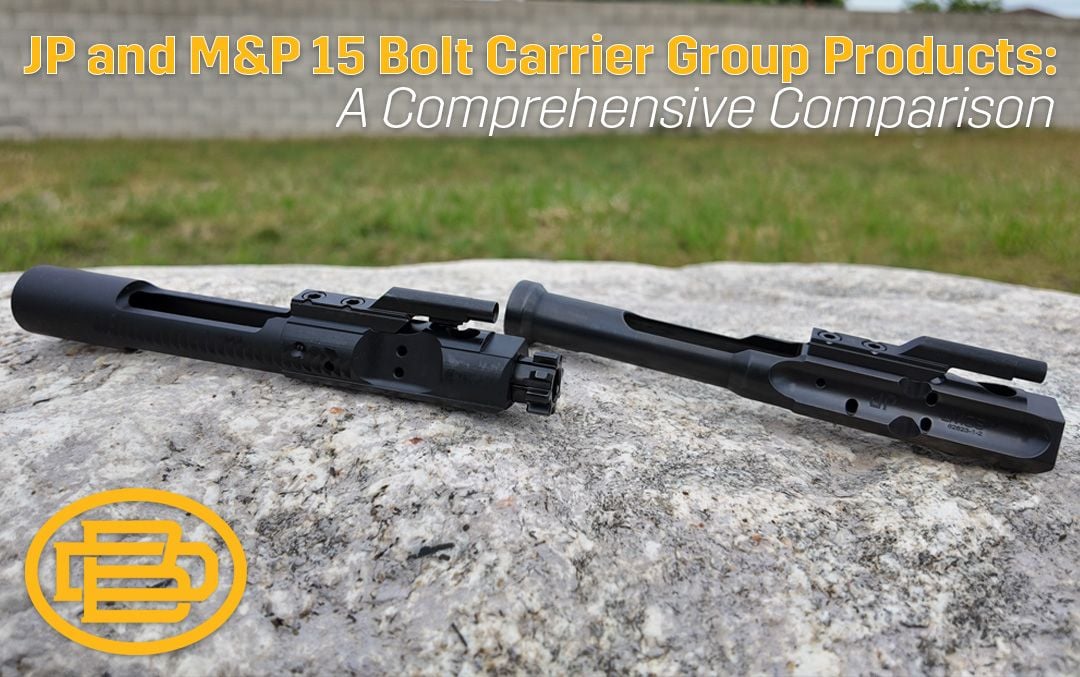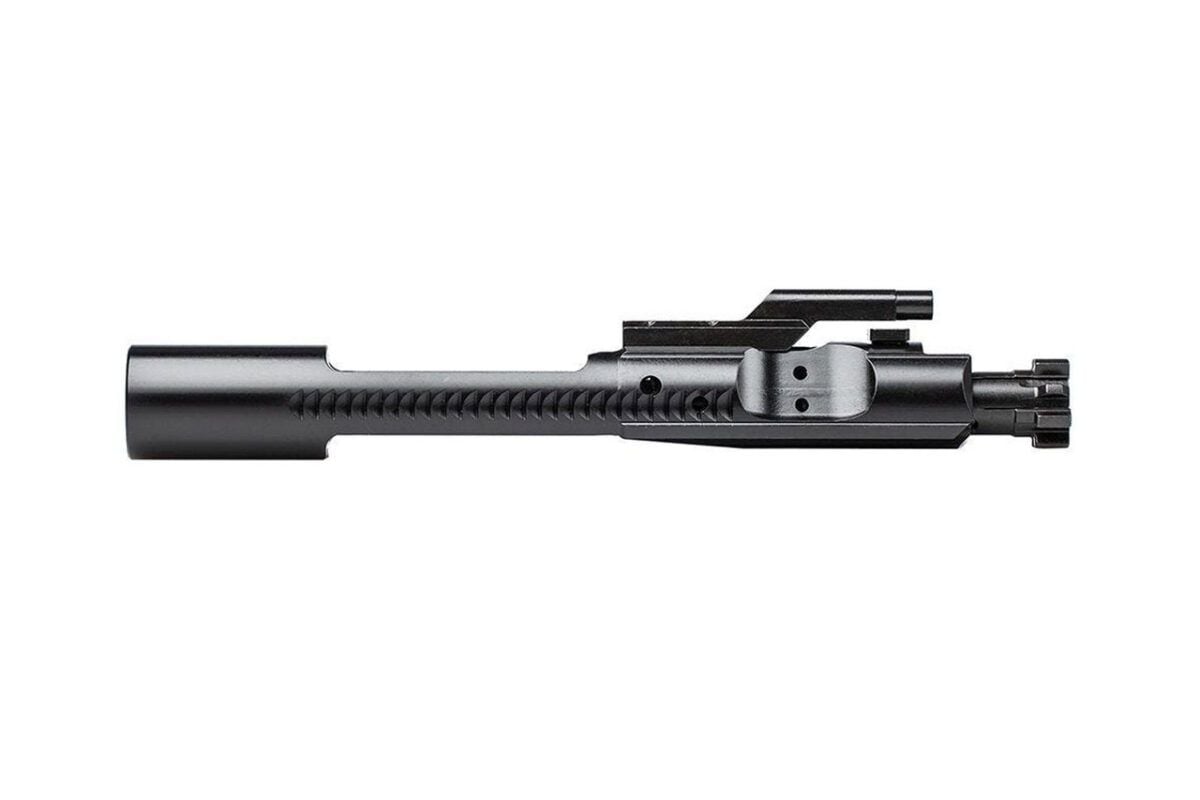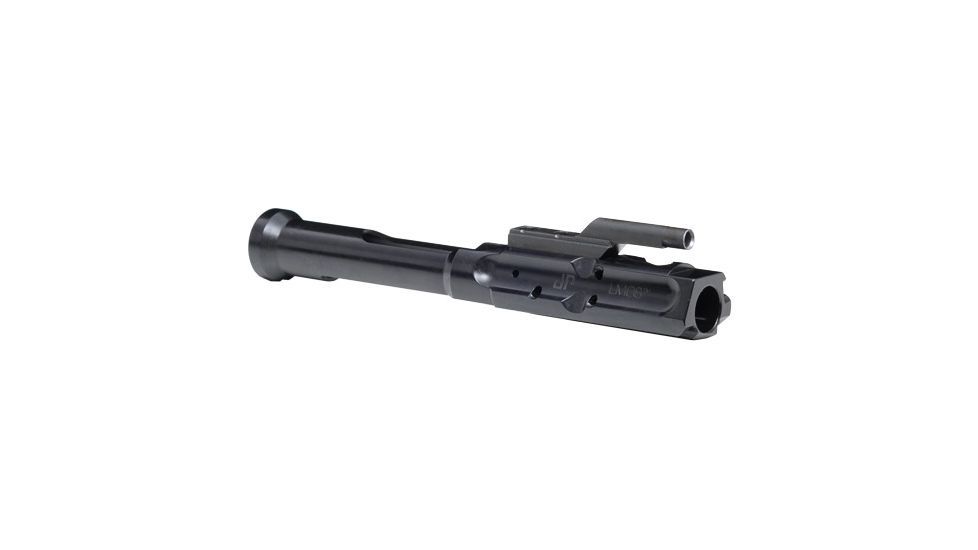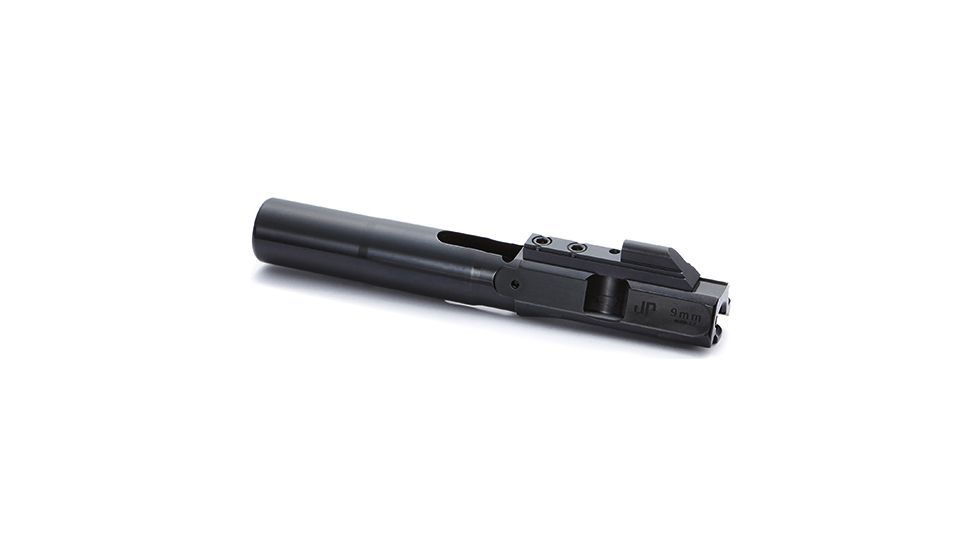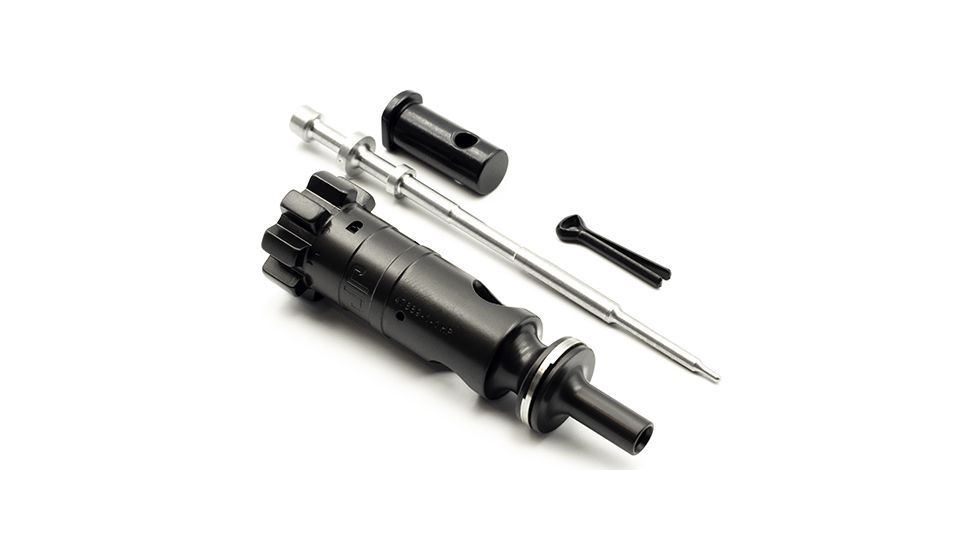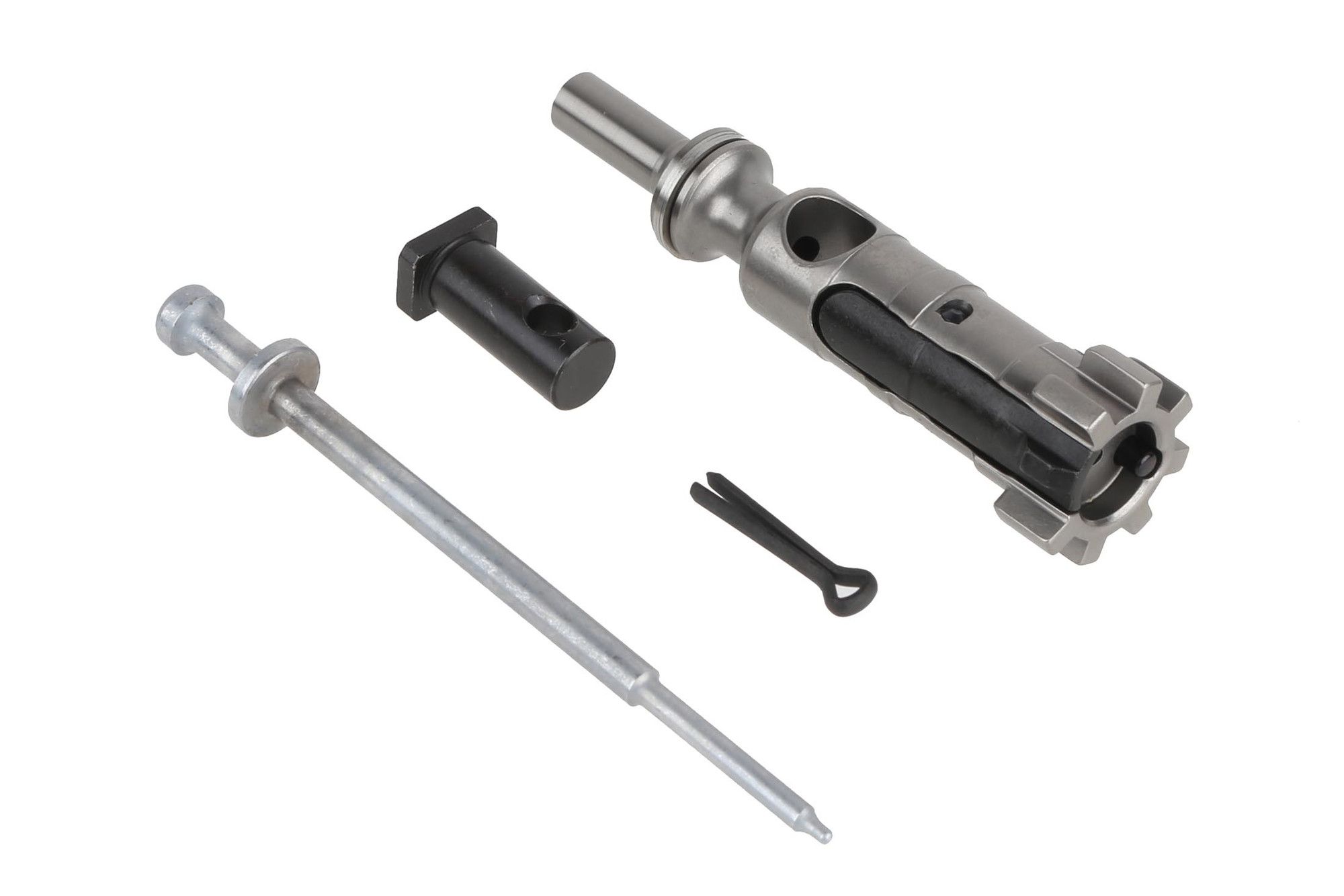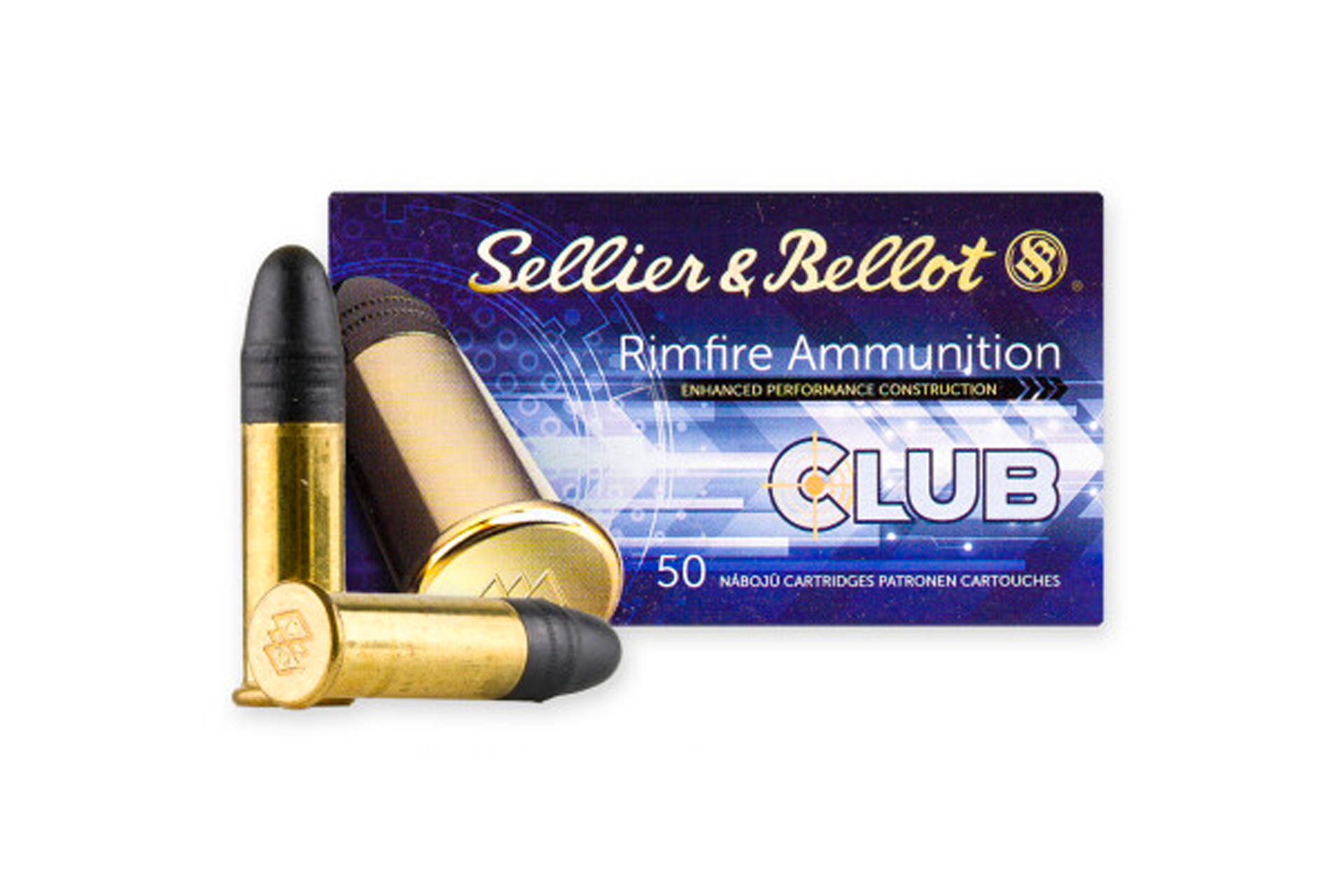AR Parts and Accesories, Bolt carrier Groups
JP and M&P 15 Bolt Carrier Group Products: A Comprehensive Comparison
Table of Contents
The bolt carrier group (BCG) is the heart of any AR-15 rifle. It chambers rounds, extracts spent casings, and reliably cycles the firearm. Whether building a custom rifle from the ground up or upgrading your factory platform, selecting the right BCG can make all the difference in performance, longevity, and recoil management.
JP Enterprises and Smith & Wesson’s M&P 15 line are two of this space’s most frequently discussed names. This article will deeply dive into their bolt carrier group offerings, breaking down their features, performance, and best use cases. We’ll also help you decide whether a JP lightweight bolt carrier, such as the JP 224 or JP 308 bolt BCG, is worth the investment—or if sticking with a factory M&P 15 bolt carrier is the more competent play.
Understanding the Role of a Bolt Carrier Group
Before comparing specific models, it’s essential to understand what makes a good BCG:
- Material & Coating: Most high-quality BCGs are made from 8620 steel (carrier) and 9310 steel or Carpenter 158 steel (bolt), treated with nitride, chrome, or DLC coatings for wear resistance.
- Weight: Heavier BCGs offer better recoil control for duty or defense use, while lightweight options reduce reciprocating mass for faster cycling and smoother shooting—great for competition.
- Gas Key Staking & Bolt Testing: Properly staked gas keys, high-pressure tested (HPT), and magnetic particle inspected (MPI) bolts ensure long-term reliability.
Let’s look at how JP Enterprises and Smith & Wesson stack up.
JP Enterprises Bolt Carrier Groups
JP Enterprises is a top-tier manufacturer renowned for innovation, particularly in competition shooting and precision AR. Their BCGs are engineered for performance, with attention to every detail. Built using premium materials and advanced coatings, JP bolt carrier groups offer reduced recoil, smoother cycling, and enhanced reliability for shooters who demand the absolute best.
Popular JP BCG Models:
- JP Lightweight BCG (JP LMOS)
- JP 224 BCG
- JP 308 BCG
- JP Full Mass BCG
- JP Enhanced Bolt Assembly
JP BCG Features & Specs
| Feature | JP Enterprises |
|---|---|
| Material | 8620 carrier / 9310 or Carpenter 158 bolt |
| Weight Options | Full Mass, Low Mass (LMOS), Ultra Low Mass |
| Coatings | QPQ Nitride, DLC (Diamond-Like Carbon) |
| Compatibility | .223/5.56, .224 Valkyrie, .308/6.5 Creedmoor |
| Testing | MPI, HPT, individually serialized |
| Gas System | An adjustable carrier key is optional for tuning |
| Price Range | $250–$400+ |
Pros of JP Bolt Carrier Groups
- Ultra-smooth cycling with polished contact surfaces
- Reduced recoil impulse in lightweight models (LMOS)
- Modular design for tuning (with weights & adjustable keys)
- Perfect for competition and precision shooters
- High-end coatings for durability and reduced fouling
Cons of JP BCGs
- Pricey compared to standard options
- Not always ideal for hard-use duty rifles
- Overkill for casual shooters or plinkers
User Feedback on JP BCGs
JP BCGs are praised for engineering and performance, particularly in competition use. However, many users point out they’re “not built for abuse” and are more tuned for optimized builds.
“Excellent quality. Fit and finish is superb and quality of material is excellent..” – AR15DISCOUNTS.COM
M&P 15 Bolt Carrier Groups
Smith & Wesson’s M&P 15 line is widely known as a dependable and budget-friendly AR-15 option. Their BCGs are robust, mil-spec, and field-proven, making them ideal for general use, home defense, and training.
Common M&P 15 BCG Models
- Standard M&P 15 BCG (5.56/.223)
- M&P Sport II Bolt Carrier Group
- Enhanced factory variants (in Performance Center models)
M&P 15 BCG Features & Specs
Feature M&P 15 Material 8620 carrier / Carpenter 158 bolt Weight Standard full mass (~11.6 oz) Coatings Phosphate or nitride (depending on model) Compatibility .223/5.56 Testing MPI, batch tested (not serialized) Gas System Fixed, staked properly Price Range $100–$150 (OEM replacement) Pros of M&P 15 BCGs
- Affordable and reliable
- True mil-spec dimensions
- Great for training, home defense, or entry-level builds
- Widely available and easy to replace
Cons of M&P 15 BCGs
- Lacks tuning or weight adjustment options
- Basic coatings—more prone to carbon buildup
- Not ideal for competition or ultra-light builds
User Feedback on M&P 15 BCGs
Most users report rock-solid reliability with factory M&P 15 bolt carriers. However, they’re not known for innovation or lightweight performance.
“It’s a basic BCG, but it works. I’ve got 5k rounds on mine without issue.” – M&P 15 owner, Smith-Wesson Forum
MSRP: $3.99$3.99$0.08 CPRJP vs. M&P 15 Bolt Carrier Groups: Head-to-Head Comparison
Feature JP Enterprises BCG M&P 15 BCG Intended Use Competition, tuned builds, precision Duty, general use, training Weight Options Multiple (full, light, ultra-light) Full mass only Finish & Coating DLC, QPQ, highly polished Phosphate, nitride Bolt Testing Individually MPI/HPT Batch MPI/HPT Price $250–$400 $100–$150 Adjustability Available (adjustable gas key, weight tuning) None Durability for Hard Use Moderate High Maintenance/Fouling Lower due to coatings Higher carbon buildup Customization High Low
Which BCG is Right for You?
Choose JP Enterprises BCG if:
- You’re building a competition rifle or race gun.
- You value low recoil and fast cycling.
- You want premium coatings and adjustability.
- You’re shooting calibers like .224 Valkyrie or 6.5 Creedmoor.
Choose M&P 15 BCG if:
- You want a dependable mil-spec option for defense or plinking.
- You’re on a budget or replacing a worn OEM part.
- You prefer simple, rugged reliability with minimal maintenance.
Where to Buy JP and M&P 15 Bolt Carrier Groups
If you’re ready to upgrade or replace your AR-15 BCG, check out Dirty Bird Industries’ Bolt Carrier Group Collection. They offer a wide selection of JP bolt carrier groups for sale, including:
- JP Lightweight Bolt Carrier Group
- JP 224 Valkyrie Bolt Carrier Group
- JP 308 Bolt Carrier Group
- JP AR-15 Bolt Carrier Group Options
OEM and aftermarket M&P-compatible bolt carrier groups also keep your rifle running strong.
Frequently Asked Questions (FAQ)
You’re not alone if you’re still weighing your options or have questions about bolt carrier groups. Whether you’re considering a JP lightweight BCG or an M&P 15, our FAQ section answers the most common concerns to help you make an informed, confident decision for your AR-15 build.
1. What is a bolt carrier group (BCG), and why is it important?
A bolt carrier group (BCG) is the central component in an AR-15 that loads, fires, and ejects rounds. It is critical to the firearm’s reliability, cycling, and performance. Without a properly functioning BCG, your AR-15 won’t run.
2. What makes JP Enterprises’ BCGs different from standard ones?
JP bolt carrier groups, especially the JP lightweight bolt carrier group (LMOS) and JP 224 BCG, are designed for high performance. They feature reduced weight, advanced coatings like DLC, and are tuned for smooth, fast cycling—ideal for competitive shooting and precision builds.
3. Are JP BCGs compatible with standard AR-15 uppers?
Yes, JP bolt carrier groups are compatible with standard AR-15 platforms, provided you select the correct caliber (.223/5.56, .224 Valkyrie, .308, etc.). If you’re using a lightweight model, just ensure your gas system and buffer setup can handle the reduced mass.
4. Is the JP lightweight bolt carrier group reliable for home defense or duty use?
While the JP lightweight BCG excels in competition and tuned rifles, it may not be ideal for hard-use or defensive roles due to its reduced mass and tighter tolerances. A full-mass, mil-spec BCG—like those in M&P 15 rifles—is generally preferred for rugged reliability.
5. What kind of coating is best for a bolt carrier group?
Premium coatings like DLC (Diamond-Like Carbon) or QPQ Nitride offer superior wear resistance, corrosion protection, and reduced fouling. JP BCGs use these coatings, while most M&P 15 BCGs are phosphate or nitride-finished—durable, but more prone to carbon buildup.
6. Can I use an M&P 15 bolt carrier group in other AR-15s?
Yes, the M&P 15 BCG is a standard full-mass, mil-spec bolt carrier group and can be used in most AR-15 platforms chambered in .223/5.56. It’s a reliable and cost-effective replacement for OEM or budget builds.
7. How often should I clean or maintain my BCG?
Regular cleaning every 300–500 rounds is ideal for most shooters. High-performance or competition BCGs like JP bolt carriers benefit from more frequent inspection and cleaning to maintain peak performance, especially with lighter recoil systems.
8. Where can I buy JP or M&P 15 bolt carrier groups?
You can find a wide selection of JP bolt carrier groups for sale and M&P-compatible BCGs at Dirty Bird Industries. They offer competitive pricing and curated parts for AR-15 builds.
Final Thoughts: High-End vs. Hard-Use
The choice between a JP and an M&P 15 bolt carrier group ultimately depends on your rifle’s intended role. JP Enterprises BCGs are precision-engineered, competition-focused components for speed, control, and customization. In contrast, M&P 15 BCGs are mil-spec, rugged, ideal for duty use, training, or budget-conscious builds that demand no-nonsense reliability.
There’s no universal “best” option—only the right one for your needs.
- Looking for enhanced performance, fine-tuned gas control, and lightweight operation? Choose JP.
- Want proven durability and value in a no-frills package? The M&P 15 BCG has you covered.
Both are solid performers, but their strengths cater to different kinds of shooters. Whether building a competition rifle or maintaining a dependable defensive carbine, the right bolt carrier group makes all the difference.
Stay tuned to our blog for more expert guidance on AR-15 components, bolt carrier groups, and rifle performance upgrades. And don’t forget to explore the complete selection of high-quality BCGs—including JP and M&P 15 options—available now at Dirty Bird Industries.
